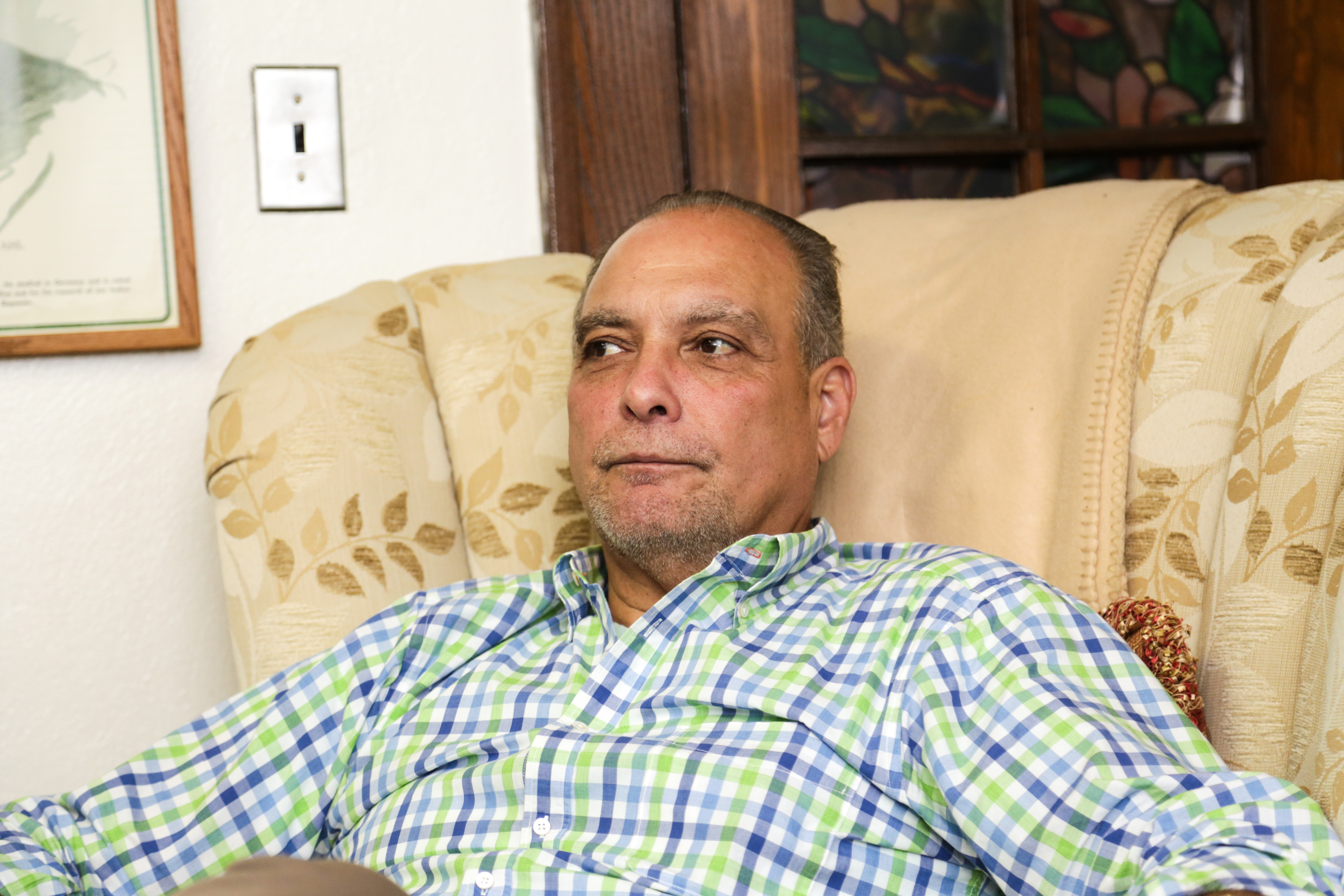Notario fraud: The exploitative crime you’ve never heard of
 Notario fraud is an extremely devious act. It occurs when people who possess the power of a notary public but possess no right to practice law of any kind take advantage of immigrants seeking legal assistance.
Notario fraud is an extremely devious act. It occurs when people who possess the power of a notary public but possess no right to practice law of any kind take advantage of immigrants seeking legal assistance.
How does notario fraud happen?
The issue lies in language. “Notario Publico” directly translates to Notary Public in Spanish. Latin Americans recognize Notario Publicos as lawyers with a certified license to represent others before government. But in the U.S., someone who’s a certified notary public can only serve as witness to a signature.
The New Jersey rules and regulations surrounding notaries are especially strict. They forbid notaries from giving any kind of legal advice on any sort of proceeding. Notaries may help translate documents, but that is the extent of service the law allows them to offer.
With the confusion in translation, immigrants new to the U.S. may seek out a notary public to help them in various legal issues. If a notary is unscrupulous, they could decide to offer legal assistance, despite their lack of qualification. The victim not only receives illegitimate assistance, but they are often charged so much money they’re left even more disenfranchised.
Where do you see notario fraud?
Notario fraud doesn’t only occur during the process of applying to become a citizen, either. It can happen when foreign nationals who already are documented try to update an expiring visa. Or it can happen when a couple applies for a marriage license. Immigrants with a language barrier are especially at risk.
Those deceived can spend tens of thousands of dollars before they realize the fraud. And such scams can put them at risk of deportation and criminal claims, even though they were the victims. To make matters worse, the damage can rarely be undone. “When it comes to these documents, it’s virtually impossible to correct misinformation. If it comes down to having to go to court, they might as well get a plane ticket because they are often deported,” says Roberto Hernandez, director of Catholic Charities, Diocese of Trenton’s El Centro (pictured, below right).
 This fraudulent behavior is not exclusive to the Hispanic communities. Asian and Eastern European immigrants can get taken advantage of by companies or individuals that pose as translation services or travel agencies. They too are being robbed of thousands of dollars for fraudulent assistance, and they often don’t report it, for fear of calling attention to their immigration status.
This fraudulent behavior is not exclusive to the Hispanic communities. Asian and Eastern European immigrants can get taken advantage of by companies or individuals that pose as translation services or travel agencies. They too are being robbed of thousands of dollars for fraudulent assistance, and they often don’t report it, for fear of calling attention to their immigration status.
And it’s happening close to home. New Jersey authorities cited 28 businesses last November for allegedly defrauding customers by charging for immigration services they weren’t legally allowed to provide. Then, authorities warned of an illicit “underground economy” of unlicensed practitioners who charge immigrants money to complete immigration forms and give legal advice.
How can you help victims?
Helping victims can be challenging because those defrauded rarely step forward, fearing deportation in a country where immigration has become a lightning rod. The best way to end notario fraud is to spread the word. By educating the public about what it means, manipulative businesses and people advertising false representation can be stopped, experts agree.
“All New Jersey residents who fall victim to fraud or other unlawful conduct should know that they can safely report the matter to law enforcement. We are here for you,” Paul R. Rodríguez, the Division of Consumer Affairs’ acting director, told NorthJersey.com.
Experts also urge immigrants who need assistance to make sure they use attorneys or Department of Justice-certified specialists. Catholic Charities offers such assistance at El Centro in Mercer County and Community Services in Lakewood. (Call our Access, Help and Information Center at 1-800-360-7711 to learn more.)
The immigration process already is a challenging, expensive, and exhausting process. It requires enormous strength and resiliency. Many immigrants reach out for help, only to be given worthless assistance and false hope. Please help put an end to these acts by spreading the word about notario fraud. It will not end until it is exposed.
Subscribe for more news
For more information: Trish Reilly, Catholic Charities communications, [email protected] or (609) 394-5181, ext. 1146.
To subscribe to our blog posts and news releases, fill out the fields below.
